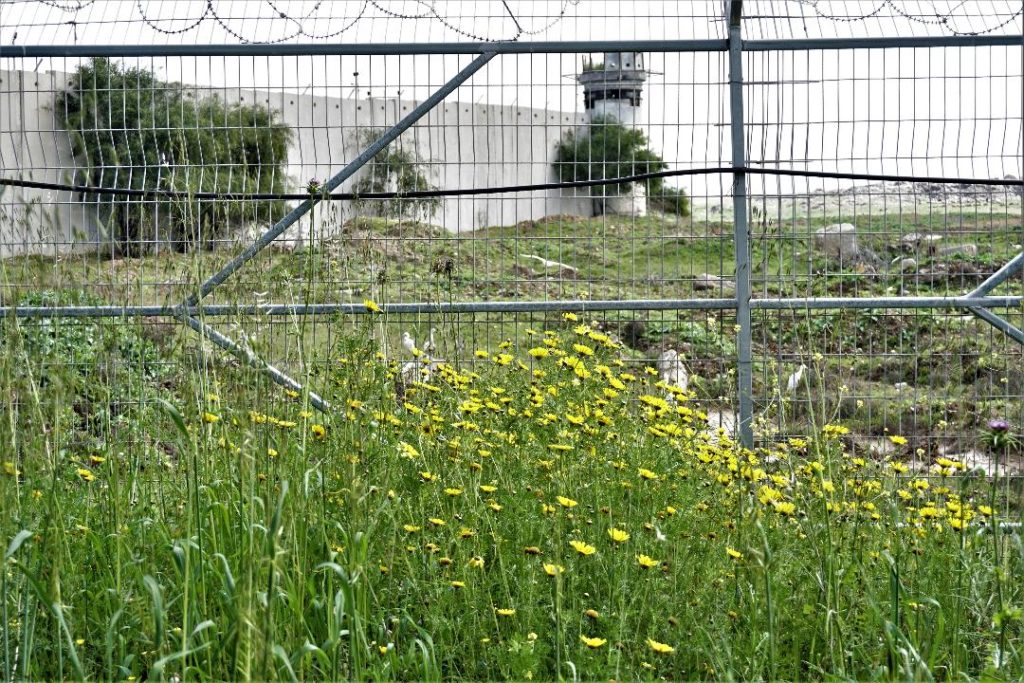WPSR team returns to Gaza

By Gerri Haynes
Hosted by The Gaza Community Mental Health Programme and sponsored by Washington Physicians for Social Responsibility, ten medical professionals have come to work in Gaza.
Over two million people live on this narrow, 25-mile long strip of land on the Mediterranean Sea, bordered by Israel and Egypt. For nearly 13 years, Gaza has been under blockade/siege by Israel – movement of people and materials is severely curtailed and this imprisonment is demonstrated in nearly every aspect of life here.
We started this visit in Bethlehem at the end of February and moved to Gaza on March 1 – in these days, we have met with amazingly warm and courageous people – from yoga students to physicians in hospitals to patients in clinics to the directors and staff of inspiring centers for care and development. The constant threat of bombing exists here and every person who lives in Gaza has stories to tell of the violence and trauma that enters their life from beyond the border.
In Khan Younis on Monday, several of us were amazed again at the work of Reem Abu Jaber, a great woman who has directed, for children, the development of a cultural center, playgrounds (with repurposed Volkswagen vans), pre-school and kindergarten programs with libraries, a science center, and remodeling of a 1400 year-old monastery into a beautiful library. Reem, in some almost magical way, refuses to be sidetracked by the traumatic environment of Gaza and these projects have a profoundly positive effect on the children and families served.
On Tuesday, the director of Atfaluna, center for care of the deaf, showed us the incredible handwork being accomplished by the people who are served by this center. We were amazed to watch a man with no hearing communicate through touch signing with a deaf and nearly blind co-worker.
I have also been teaching and consulting – working with the crisis intervention team of GCMHP on trauma and grief. These young people who serve their traumatized community have to learn to care for themselves while they are caring for individuals and families in warring attacks and in the aftermath.
In Gaza, every person has to face the reality that each day brings the possibility of a bomb or mortar striking his or her home or neighborhood. Every family with children has to consider how to talk with the children about possible attacks and to form a plan for response to an attack. Every person has experienced bombing on a frequent basis. Every person knows someone who has been injured or died as a result of gunfire or bombing.
In the classes I teach, we talk not of PTSD (Post Traumatic Stress Disorder), but of CTSI – Continuous Traumatic Stress Injury. There is no “Post” here and the constant exposure to the threat of trauma is itself traumatic. Still, the people support each other and, even though we come from the United States, they welcome us warmly.
I continue to believe that if the people of the United States could see what is happening to the wonderful people of Gaza, we would demand justice and freedom for them.
RSS feed for comments on this post. TrackBack URI